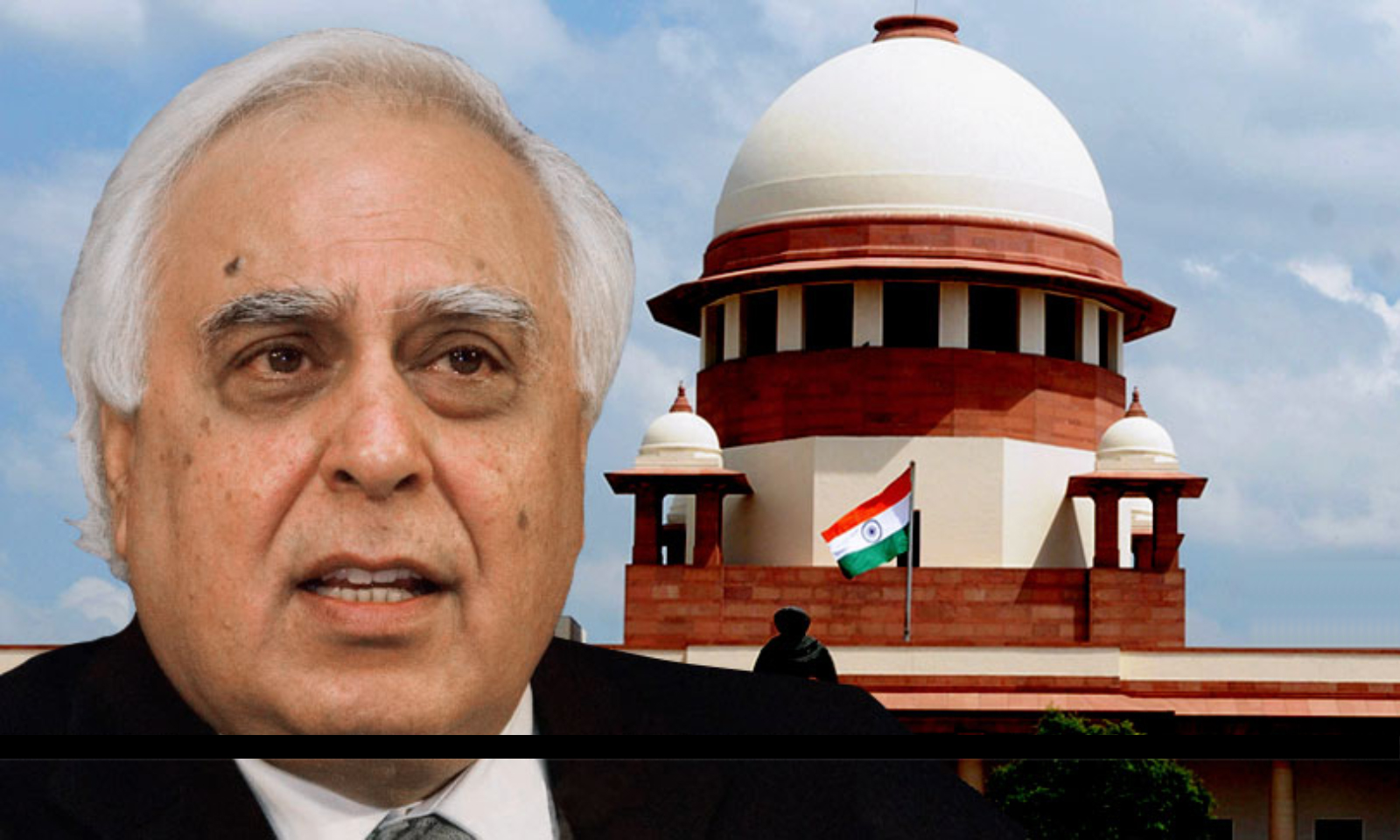NEW DELHI, Aug 2: Senior Advocate Kapil Sibal on Wednesday submitted before a Constitution Bench of the Supreme Court that integration of Jammu & Kashmir in India “is unquestionable, was unquestionable and will always remain unquestionable.”
“Before I start, I want to make one statement, we stand clear on the premise that the integration of Jammu & Kashmir in India is unquestionable, was unquestionable and will always remain unquestionable,” said Sibal, appearing on behalf of the petitioners challenging the 2019 Presidential Order taking away the special status accorded to the erstwhile state of Jammu and Kashmir and its bifurcation into two Union Territories.
“The state of Jammu & Kashmir continues to be a part of India. Nobody disputes it, nobody ever disputed it. Jammu & Kashmir is a unit of the Indian Union,” he said during the hearing.
Senior advocate Kapil Sibal described the proceedings as “historic” and questioned the validity of Jammu and Kashmir Reorganisation Act, 2019 splitting the erstwhile state into two Union Territories — Jammu and Kashmir, and Ladakh.
“This is a historical moment in many ways. This court will be analysing why history was tossed out on August 6, 2019 and whether procedure adopted by Parliament was consistent with what democracy stands for? Whether the will of J&K people could be silenced in this fashion?,” he said.
He argued that people of J&K cannot be denied a representative form of government through a “diktat” of the Union government which is “inconsistent with our constitution”.
“It is historic because it has taken 5 years for this court to hear this case and for 5 years there has been no representative government in the state of J&K,” he added.
Sibal questioned the imposition of emergency in Jammu and Kashmir and said that the Constitution Bench will have to interpret Article 356 of the Constitution, which seeks to “restore democracy” and how through that Article “democracy (in J&K) has been decimated.”
A 5-judge Constitution Bench of the Supreme Court headed by Chief Justice of India D.Y. Chandrachud on Wednesday commenced hearing on a batch of petitions challenging abrogation of Article 370 of the Constitution.
The Constitution Bench, also comprising Justices Sanjay Kishan Kaul, Sanjiv Khanna, B.R. Gavai, and Surya Kant, would hear the matter consecutively starting from August 2, except for Mondays and Fridays.
Senior advocates Kapil Sibal, Gopal Subramanium, Rajeev Dhavan, Dushyant Dave, among others will advance arguments on behalf of the petitioners and intervenors in the case.
The proceedings before the Constitution Bench are being live streamed by the Supreme Court on its YouTube channel and transcripts of the proceedings will be released on its official website.
A large number of petitions have been filed by political parties, private individuals, lawyers, activists, etc., challenging the Jammu and Kashmir Reorganisation Act, 2019, which downgraded and split Jammu and Kashmir into two Union Territories.
Earlier, another Constitution Bench ruled against the necessity of referring the matter to a seven-judge bench.
In a fresh affidavit before the top court, the Central government has defended the revocation of the special status of Jammu and Kashmir saying that its decision to dilute Article 370 has brought unprecedented development, progress, security, and stability in the region.
The Union Home Ministry said that the street violence, engineered and orchestrated by terrorists and secessionist networks has now become a thing of the past and and the “organised stone pelting incidences connected with terrorism-separatist agenda, which were as high as 1,767 in 2018 has come down to zero in 2023 till date”.
The Centre stressed that it has adopted a policy of zero tolerance against terrorism and after constitutional changes, the security situation in Jammu and Kashmir has improved significantly.
In the pending matter, intervention applications have also been filed by Kashmiri Pandits supporting Centre’s move stripping special status accorded to the erstwhile state of J&K. (Agencies)


